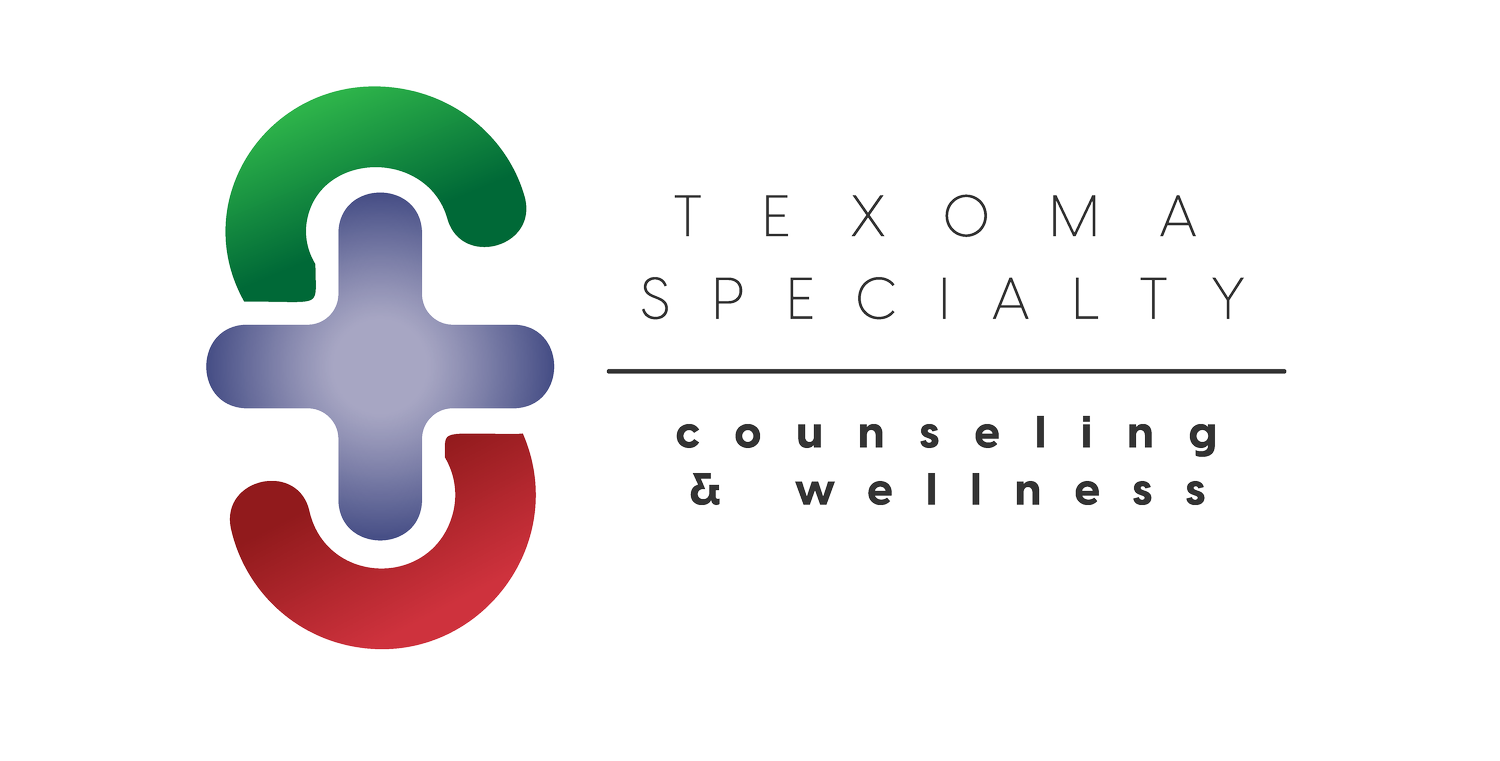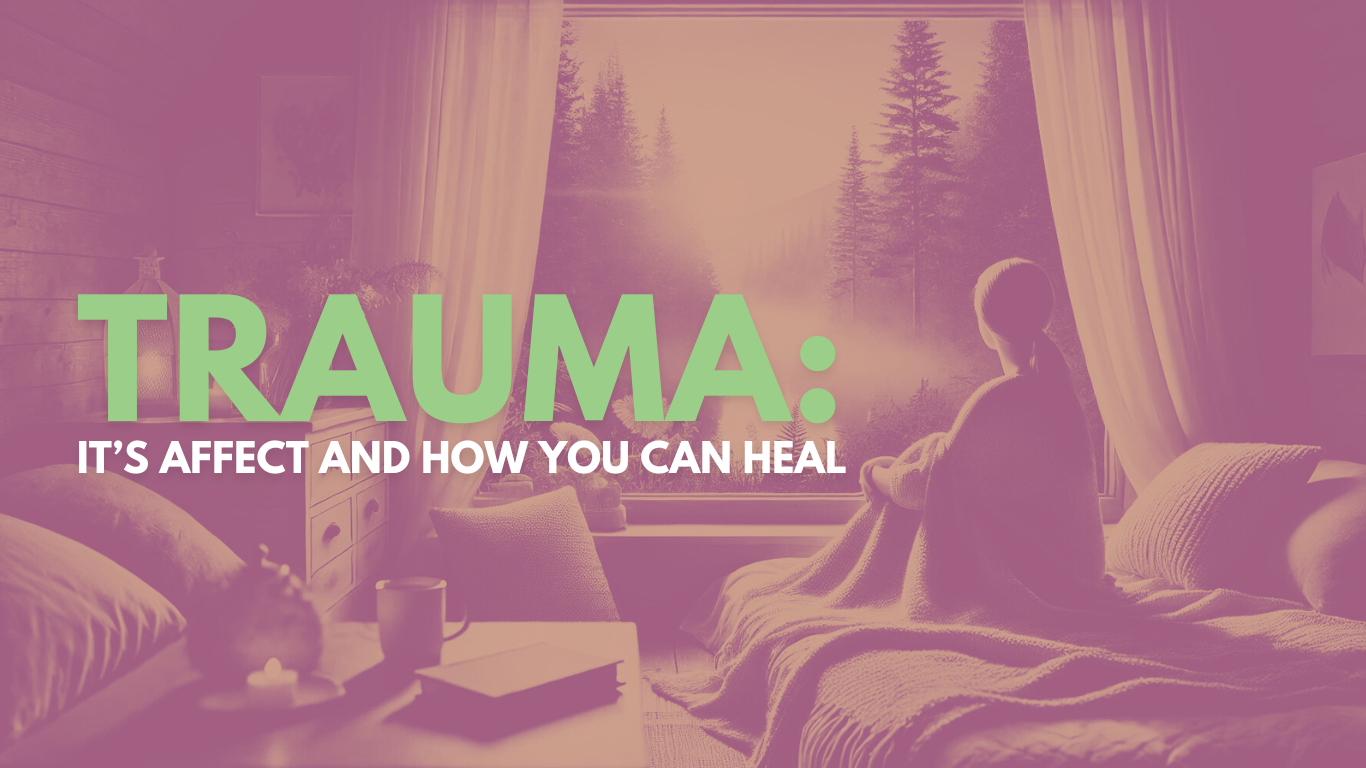Understanding Trauma: How It Affects You and How to Heal
Trauma has been around for a long time, but in recent years, awareness has grown around its impact. Many people associate trauma with war or combat, but trauma is much broader than that—it doesn’t discriminate. It’s something that can happen to anyone, at any time.
Everyone is at Risk for Trauma
Trauma isn’t just an experience—it’s an event that shakes your sense of safety and control. A traumatic event is something so frightening or shocking that you fear for your life, your body, or the life of someone you love. The worst part? Trauma often leaves you feeling powerless.
Trauma can take many forms, including:
Violence or abuse – Physical, emotional, or sexual abuse can create lasting trauma.
Witnessing a traumatic act – Even if you’re not directly harmed, seeing violence or distressing events can cause trauma.
Sudden loss or grief – Losing a loved one unexpectedly can be deeply traumatic.
Childhood neglect or abuse – Trauma in childhood, especially if it involves neglect or harm, has long-lasting effects.
Being a victim of crime – Assault, robbery, or other criminal acts can leave a lasting impact.
What Does Trauma Feel Like?
If you’ve experienced trauma, you may feel:
Confused – The event may not make sense to you, and you may struggle to process it.
Ashamed – You might wonder if you could have done something differently.
Scared and angry – Feeling powerless often leads to frustration and fear.
Because trauma is so overwhelming, it doesn’t get stored in your brain like other memories. Instead, it lingers—constantly surfacing even when you don’t want it to. Unlike everyday memories that you can recall at will, trauma memories feel stuck. This is why many people with trauma experience flashbacks, intrusive thoughts, or nightmares. Your brain simply doesn’t know how to process the event properly.
Signs of Trauma
Trauma symptoms are reminders of the event. They might include:
Nightmares that make you relive the experience.
Flashbacks that make you feel like the trauma is happening again.
Emotional struggles, like anger, sadness, or irritability that feel uncontrollable.
Sleep problems, making it hard to feel rested.
Avoidance behaviors, such as trying to forget the event, only to feel its effects in other ways.
There is HOPE: Trauma Can Be Treated
You don’t have to stay stuck in trauma forever. There are multiple treatments available to help you heal, and the key is talking about it. While you may never feel “great” about what happened, you can move forward and reclaim your sense of control.
Wellness Tips for Coping with Trauma
So in light of today’s discussion I have 2 wellness tips for you! It is really scary to think about facing your trauma but you do not have to do it alone.
Ask for Help – You don’t have to face trauma alone. Working with a therapist can help you feel safe and supported as you process what happened. Therapy helps you develop strategies to manage emotions, feel grounded, and eventually, face the trauma in a healthy way.
Practice Relaxation Techniques – Trauma keeps your mind and body in a heightened state of alertness. When you can relax your body, you also send a message to your brain that you are safe. Try this simple exercise:
Take five deep breaths. Inhale for five seconds, hold for five, then exhale for five.
Ground yourself in the present moment. Look at your surroundings and remind yourself that, in this moment, you are safe, in control, and okay.


